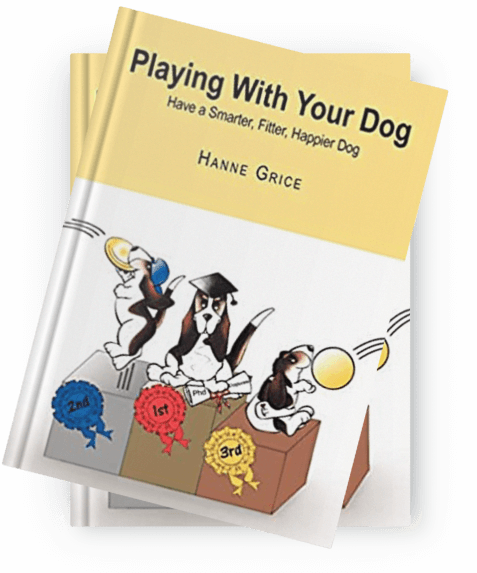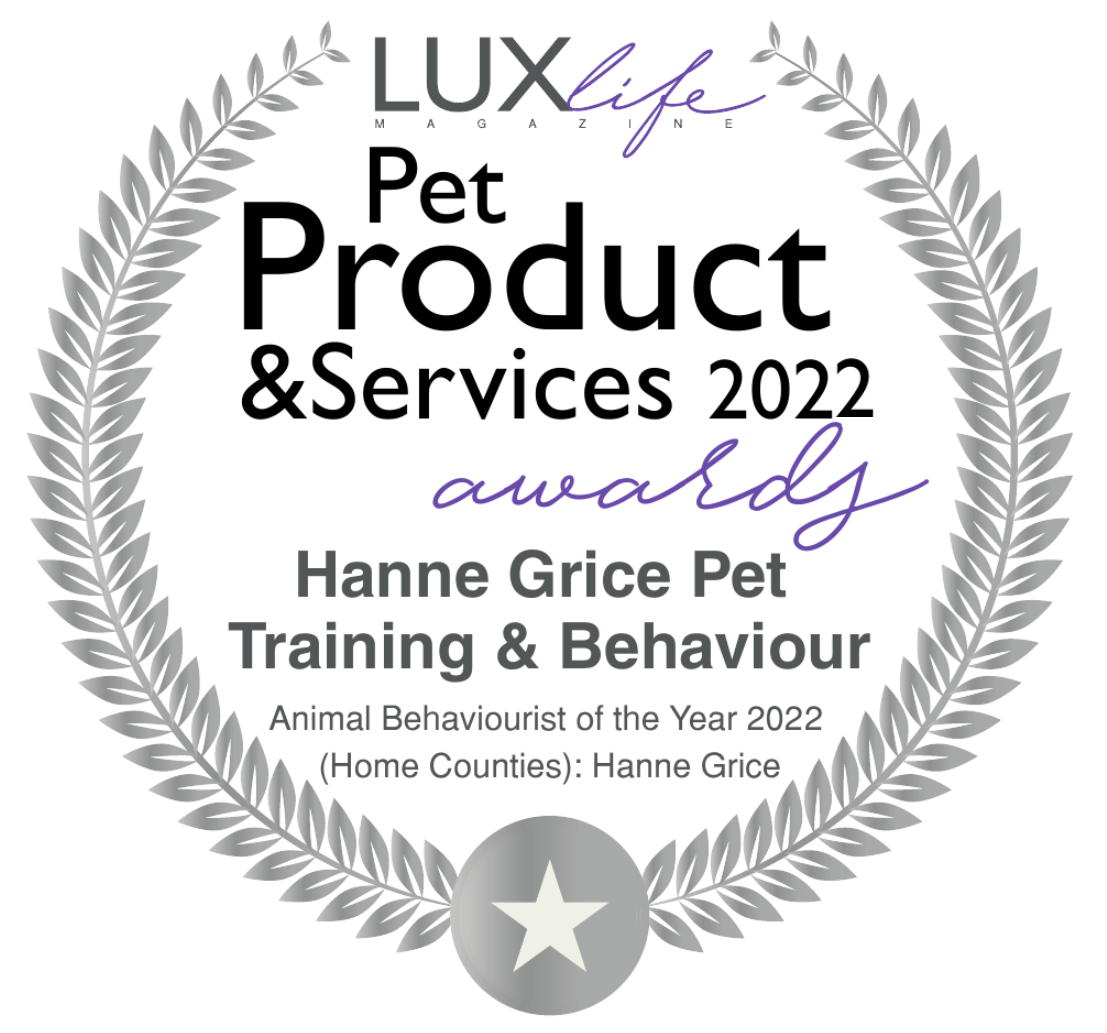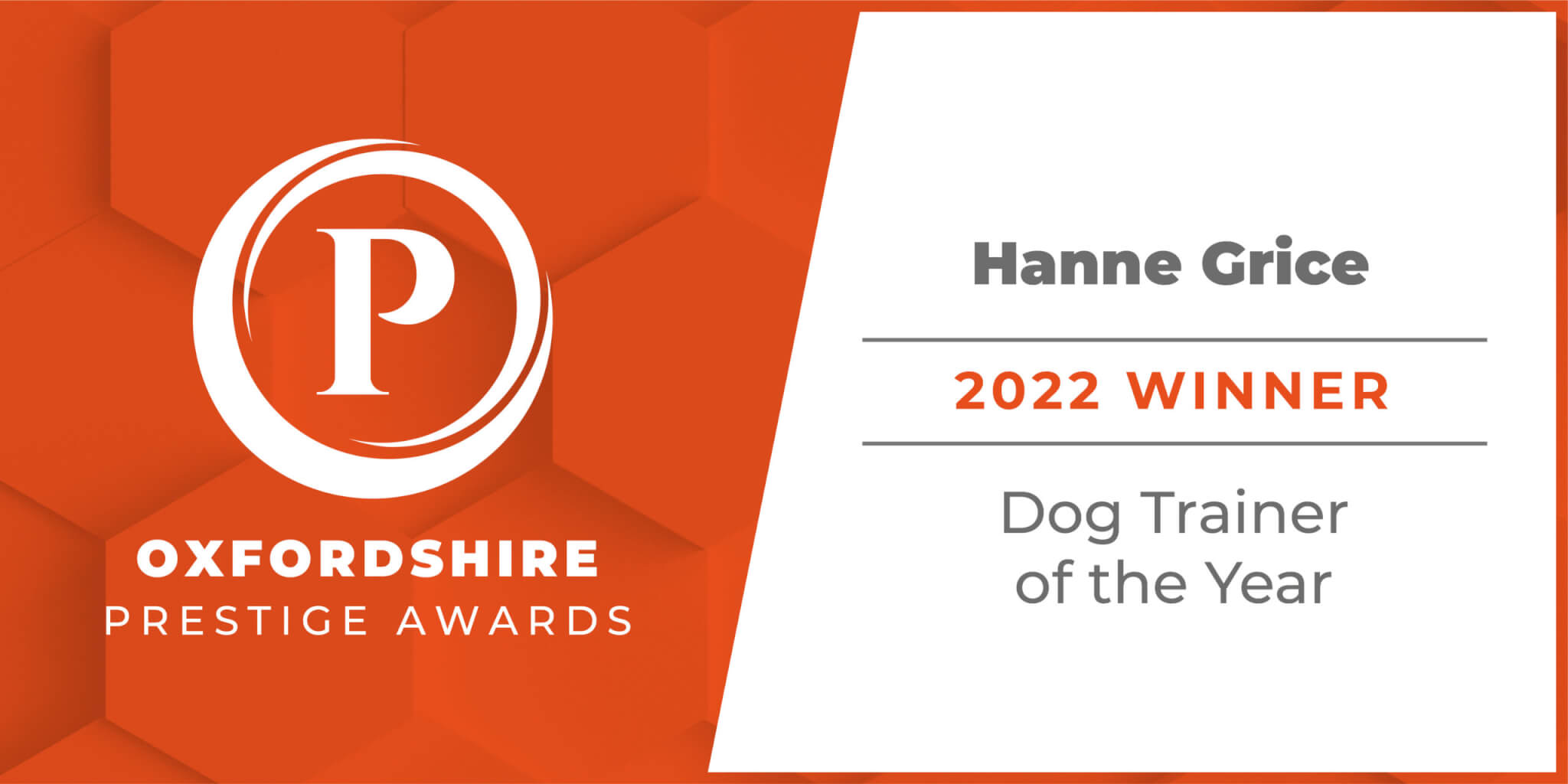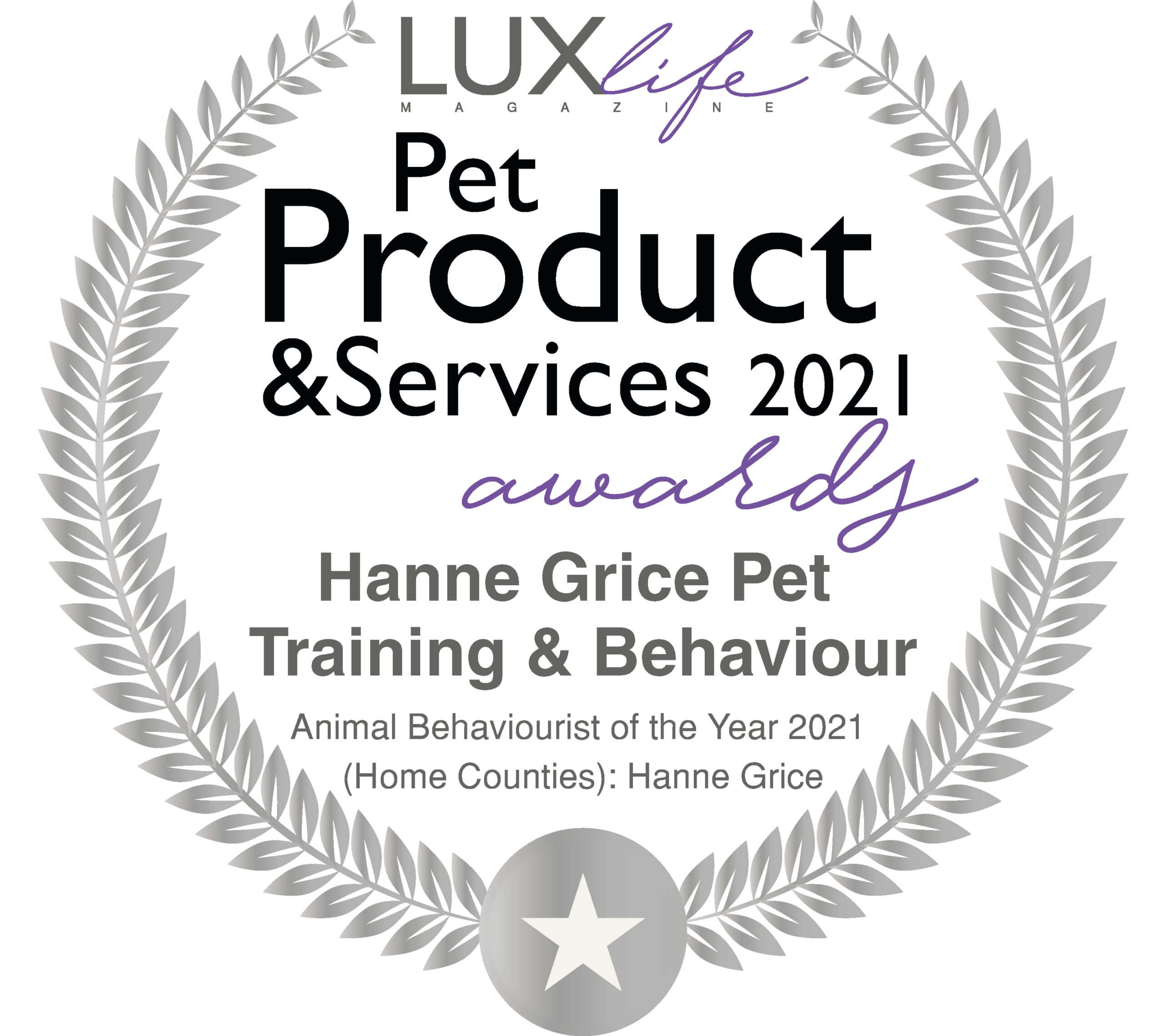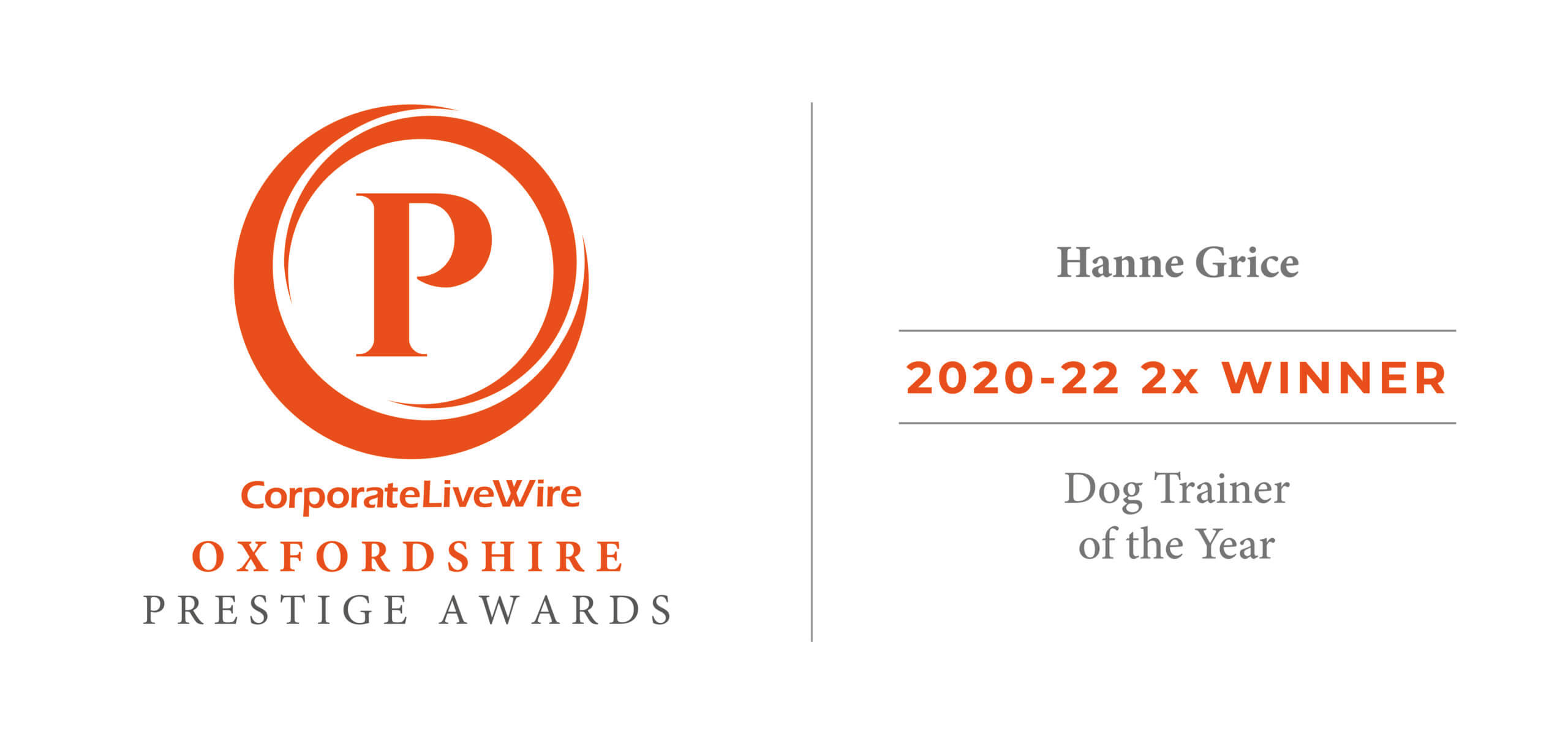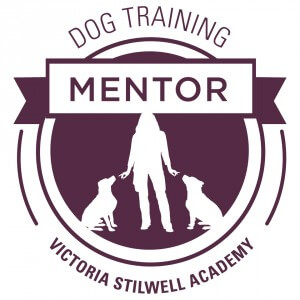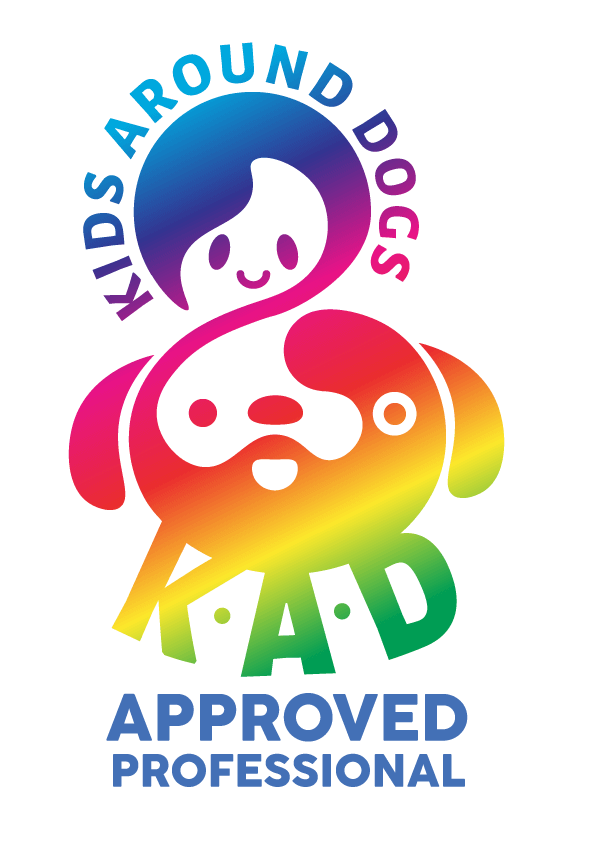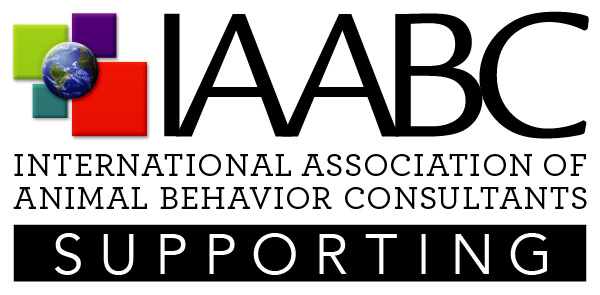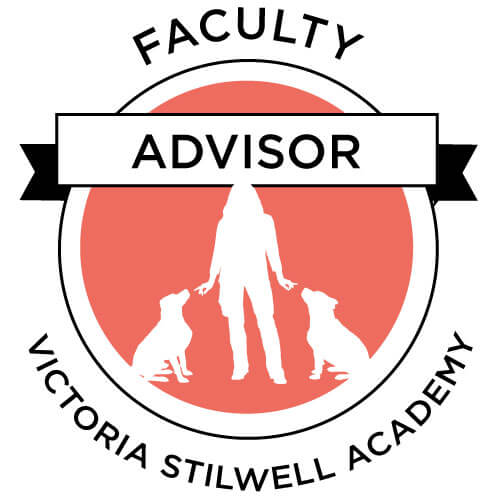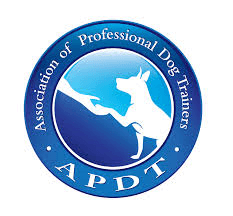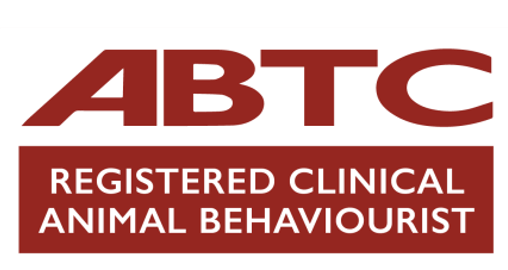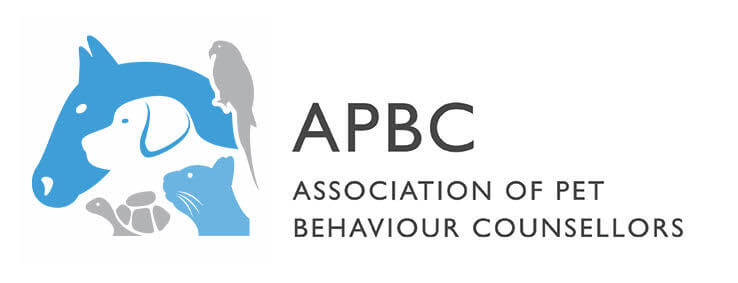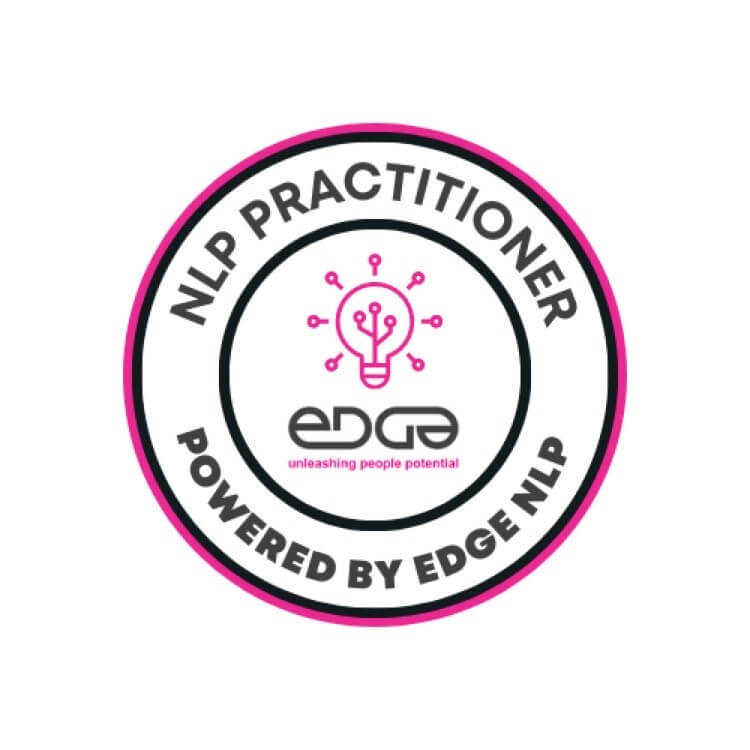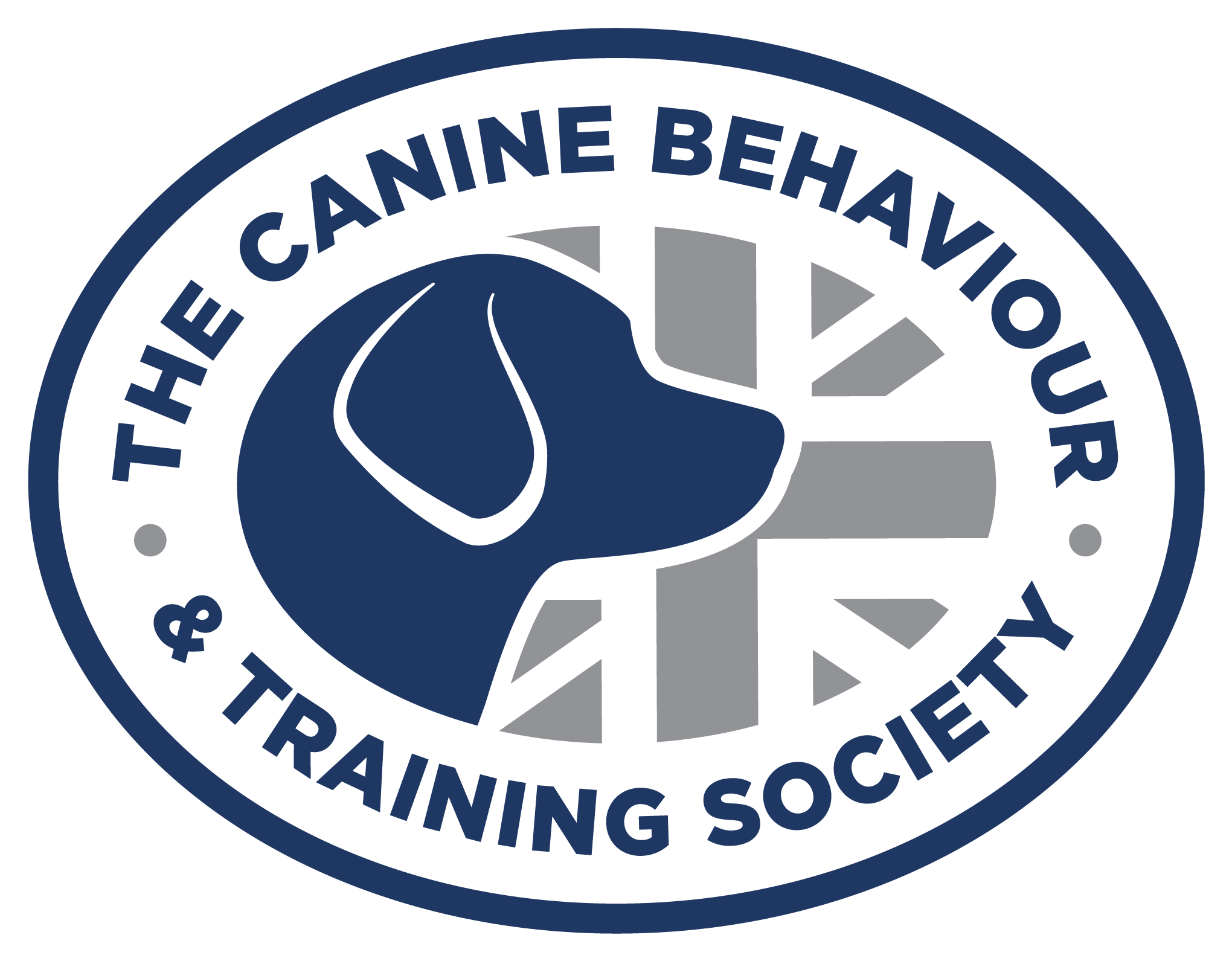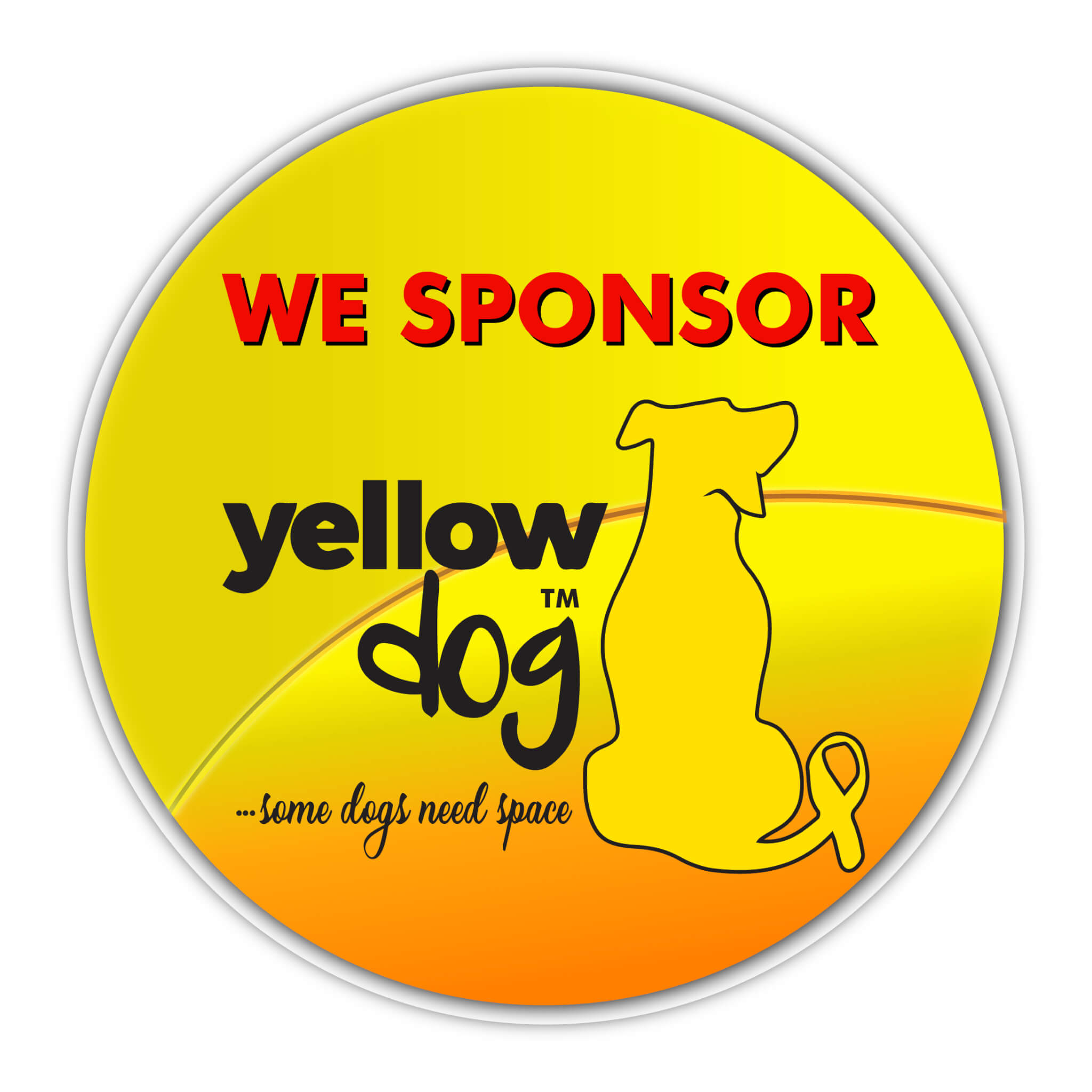Recall is one of the key skills we need to teach our dog to help keep him safe. Furthermore, UK Dog Law states that owners must have ‘effective control’ of their dog – this includes coming when called.
But why do some dogs fail at recall?
There are a number of reasons and this can include;
- When recall has been associated with punishment (e.g.) owner shouts at the dog or grabs the dog and pops it on the lead when it fails to come.
- The recall hasn’t been reinforced (e.g.) the owner doesn’t praise the dog nor reward with food, a toy, give the opportunity to sniff, play with others or run.
- Non-compliance with the recall cue has been reinforced (e.g.) owner calls the dog from the bedroom to the lounge – the dog doesn’t come so the owner thinks “oh well, it doesn’t matter”.
- The dog is used to being given maximum freedom with minimum control (e.g.) owner lets the dog jump out of the boot of the car into the park, race around the park off lead, play with others/sniff etc, yet only recalls the dog when it’s time to go.
What can you do?
There are a number of techniques to help you build a solid recall with your dog. However, nothing beats seeking help from a certified instructor. In the meantime, here are my 12 Steps for teaching a solid recall to get you started.

12 Steps for teaching a solid recall
- Be clear on your vocal & visual cue (e.g.) “Fido come” – paired with hand signal – praise & reward.
- Until the behaviour is acquired and well generalised, reinforce every single time the dog comes when called (‘continuous schedule of reinforcement’).
- Never call your dog if you’re going to provide an unpleasant consequence.
- During the early stages of learning, give the recall cue only if your dog is likely to comply with it (e.g.) avoid calling when your dog is head down and sniffing / having a wee or poo / about to have a difficult social interaction. Otherwise it teaches the dog to start to ignore your cue.
- If you dog has a history of not coming when called, or if he is very independent, reinforce every single time he takes the initiative to come to you.
- Once the recall is reliable (your dog gets it right at least 9 out of 10 times) start adding distractions – but keep these at a distance or low level (e.g.) TV is on. Then you can increase the level of challenge such as a recall cue when someone is walking by the house / a family member is cooking in the kitchen / children are playing in the garden / or someone is feeding another pet etc.
- When you add distractions, lower your criteria a bit and decrease the distance (e.g.) look for 3 out of 5 recalls and move just a couple of steps away from your dog. The further away you are from your dog, the less control you have.
- Once your dog is responding reliably despite the level of distractions you’ve been training with, start increasing the distance from which you call him.
- Use a long line (lunge) as a means of controlling your dog, and, if possible, have various short training sessions throughout the day.
- When you reinforce, make it last to avoid your dog grabbing the reinforcer and running off again (e.g.) break up the food treat into small pieces and praise – feed a treat, praise – feed a treat, praise – feed a treat and so on.
- Vary your reinforcer (e.g.) a variety of high value food, play with a toy, allow the dog to go sniff or play with others, clap or chin rub – this makes you less predictable.
- A fixed ratio schedule of reinforcement is more predictable but better suited to dogs that give up easily or trained with positive punishment. Whereas a variable ratio schedule is unpredictable and makes the behaviour more resilient (e.g.) treat at 1 and 3 repetitions of recall then broaden it.
If you would like to know more or get help with your pooch’s recall, get in touch.
Learn more about our classes
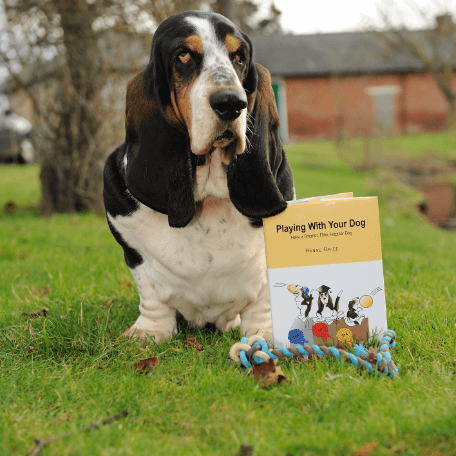
Get Hanne's Book
Playing With Your Dog will help any dog owner work out the games that are best suited for their pet to play throughout his life, from puppyhood to old age. The book also shares some tricks for all ages, group activities, and recommended toys that dogs will enjoy.
